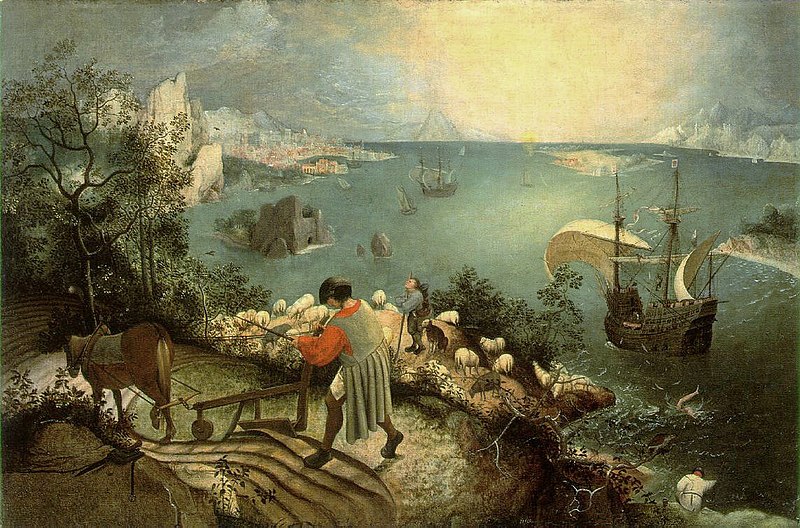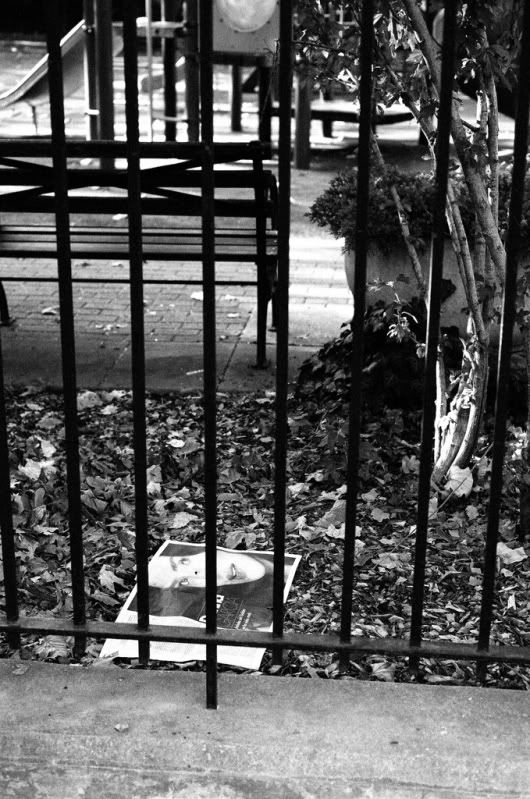It's odd to me that the act of questioning street photography is seen as an affront by some. I view this kind of personal interrogation as valuable for personal and intellectual growth - if more people did so, they'd probably come out on the other side as better streetwalkers... I mean, photographers.
I can't speak for Jack, but much of the photography that interests me can be called street in some way - from Garry Winogrand to Vivian Maier to Walker Evans's subway photos to Robert Frank, etc. etc. etc.. How they surpassed the lowest common denominator of public photography is one part of that interest - what is it about those bodies of work that enrich us as people?
Huzzars, a sympathetic ear
😀
Thanks, it's nice to know someone sees that I'm not attacking street photography! Actually you just named four of my favorite photographers; I think so-called street photography is one of the most challenging kinds of photography to do well (and one of the easiest to do badly) and I have nothing but the greatest admiration for those who can do it well (and envy I might add.)
One of the things that astonishes me about a good street photograph is when there's a fusion of great emotional content and great composition. I admire great landscape photography but (and again, this is _just_ a _personal_ preference) landscape photography doesn't move me the way street photography does; it's the human being in the world_ that's interesting.
It's a painting, but it fulfills a lot of the elements of what I think makes a really good photograph:
Breugel's "Fall of Icarus," and the poem on the painting (the one by Auden) is practically a manifesto of what it is that makes street photography interesting:
About suffering they were never wrong,
The Old Masters; how well, they understood
Its human position; how it takes place
While someone else is eating or opening a window or just walking dully along;
How, when the aged are reverently, passionately waiting
For the miraculous birth, there always must be
Children who did not specially want it to happen, skating
On a pond at the edge of the wood:
They never forgot
That even the dreadful martyrdom must run its course
Anyhow in a corner, some untidy spot
Where the dogs go on with their doggy life and the torturer's horse
Scratches its innocent behind on a tree.
In Breughel's Icarus, for instance: how everything turns away
Quite leisurely from the disaster; the ploughman may
Have heard the splash, the forsaken cry,
But for him it was not an important failure; the sun shone
As it had to on the white legs disappearing into the green
Water; and the expensive delicate ship that must have seen
Something amazing, a boy falling out of the sky,
had somewhere to get to and sailed calmly on.


